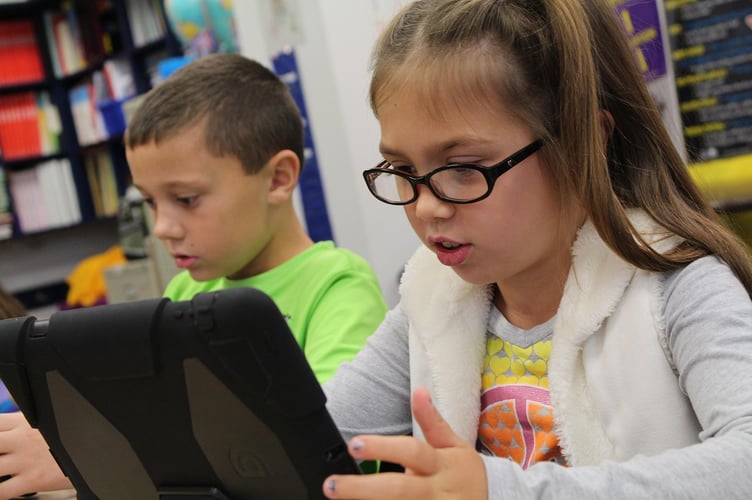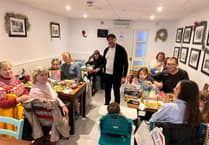The first rule about being in a hole, is to stop digging. So if we look at our disability crisis which is seriously threatening to bankrupt the UK, it’s a really good idea to try to stop things getting worse. That means focussing on our young people. Within the next year, the post-Covid generation will start school. Let’s not fail to recognise the massive adverse hit that lockdown was to so many children, adolescents and young adults. But equally we mustn’t let it become a forever excuse.
The report from Sir Gar that I mentioned last time (An Active and Healthy Start) is really interesting, and Cllr Gareth John (Plaid Cymru) who chaired the report has adopted a pragmatic approach. Reducing childhood obesity is one of the main drivers, and three of the recommendations focus on pre-school play, primary school provision for physical activity and healthy nutrition. Cllr John should be congratulated because it is accepted that there won’t be any new funding for this; it’s all about organising things better within current budgets.
Two points caught my eye: “Its four times harder to change behaviour in Year 4 than at age 4”. Secondly, 87 per cent of pre-school children are below average or poor at jumping, running, throwing and catching. This is in the county that once upon a time was the beating heart of “the Welsh fly-half factory”. Maybe it is no great surprise that our national rugby team is struggling a bit?
What has changed in childhood? Screens is the most obvious answer, especially endless unsupervised screen time. It’s good to see young parents switching on to this and limiting access. Non-stop “entertainment” may be an easy way to occupy young children, but probably not the best.
But maybe we have as a society become a little bit too frightened of letting young children go out to play by themselves. Boredom can drive creativity. Learning about failure can instil the resilience to try and try again, which is so important for later life.
Playing games, even if unstructured, teaches about winning, but perhaps just as importantly about losing. Making friends and forming gangs teaches about team work and how to interact with others even if they aren’t necessarily your best friends.
Inevitably there are risks, and no one wants to hear of a child getting injured or worse, or God forbid being abducted. But surely those risks need to be mitigated rather than avoided altogether. Because the alternative may be children who are destined to live in a virtual world; it’s amazing how a cut or a broken wrist can for some be the end of the world, but watching video characters getting blown up or decapitated on screen is somehow “normal”.
There’s a bit of a disconnect here.
For working parents, formal pre-school childcare is highly desirable, or even essential .In fairness the Welsh Government put quite a lot of money into this for qualifying families. But for those who need extra hours, or who don’t qualify, the costs are frightening. It’s said that our childcare in the UK is far more expensive than other European countries. Does it have to be, or is this just another area that we have overregulated and bureaucratised?
Over in New Zealand, I hear that every primary school has monkey bars, and all the children go swinging on them every day. That’s good for strength, co-ordination andlearning a bit of grit, and the All Blacks are always pretty competitive! Of course, there’s nothing new in all of this. Over 2000 years ago Aristotle said “Giv eme the child until he is seven, and I will give you the man”. The early years matter and it is good to see the pendulum swinging back in the direction of common sense, here in west Wales.





Comments
This article has no comments yet. Be the first to leave a comment.